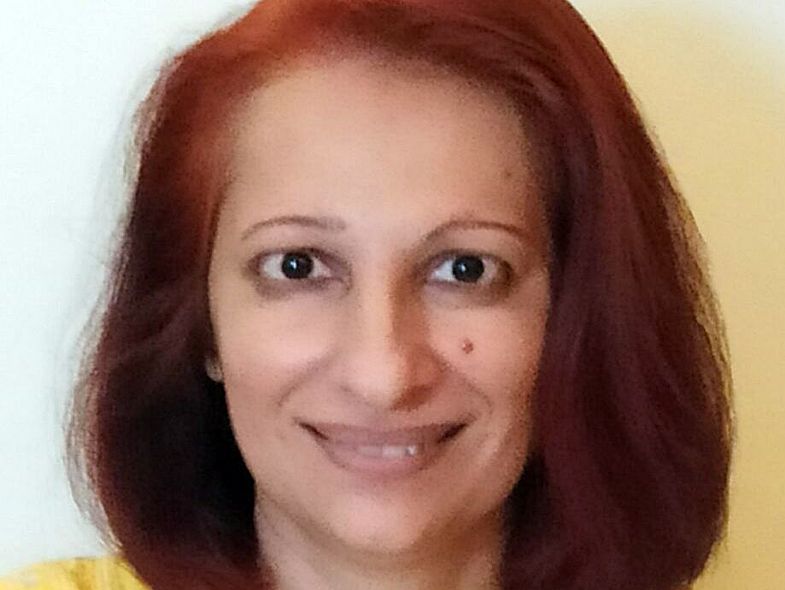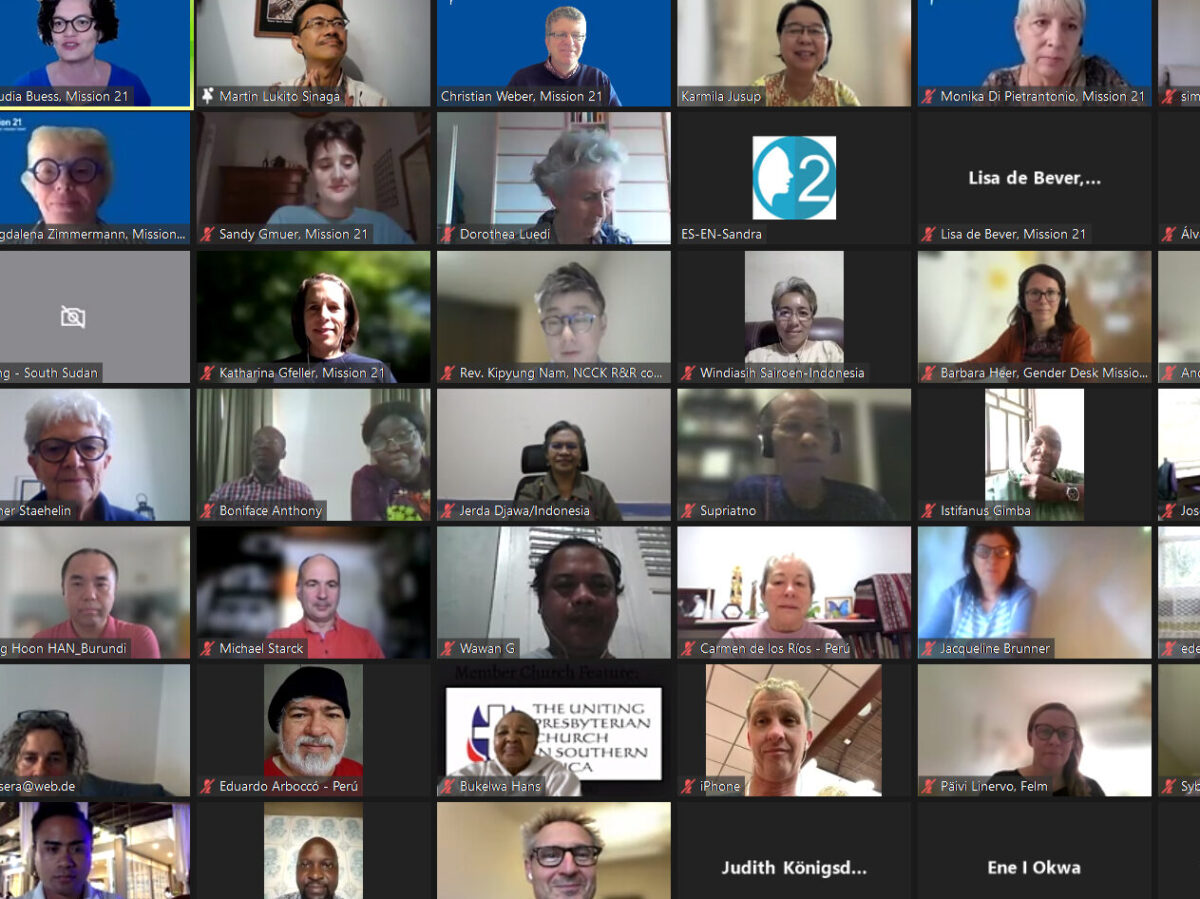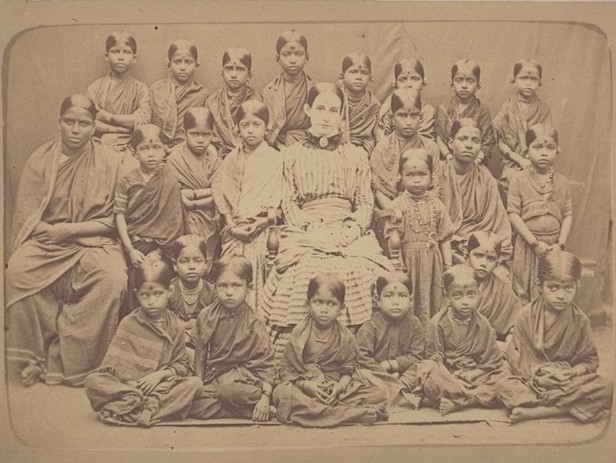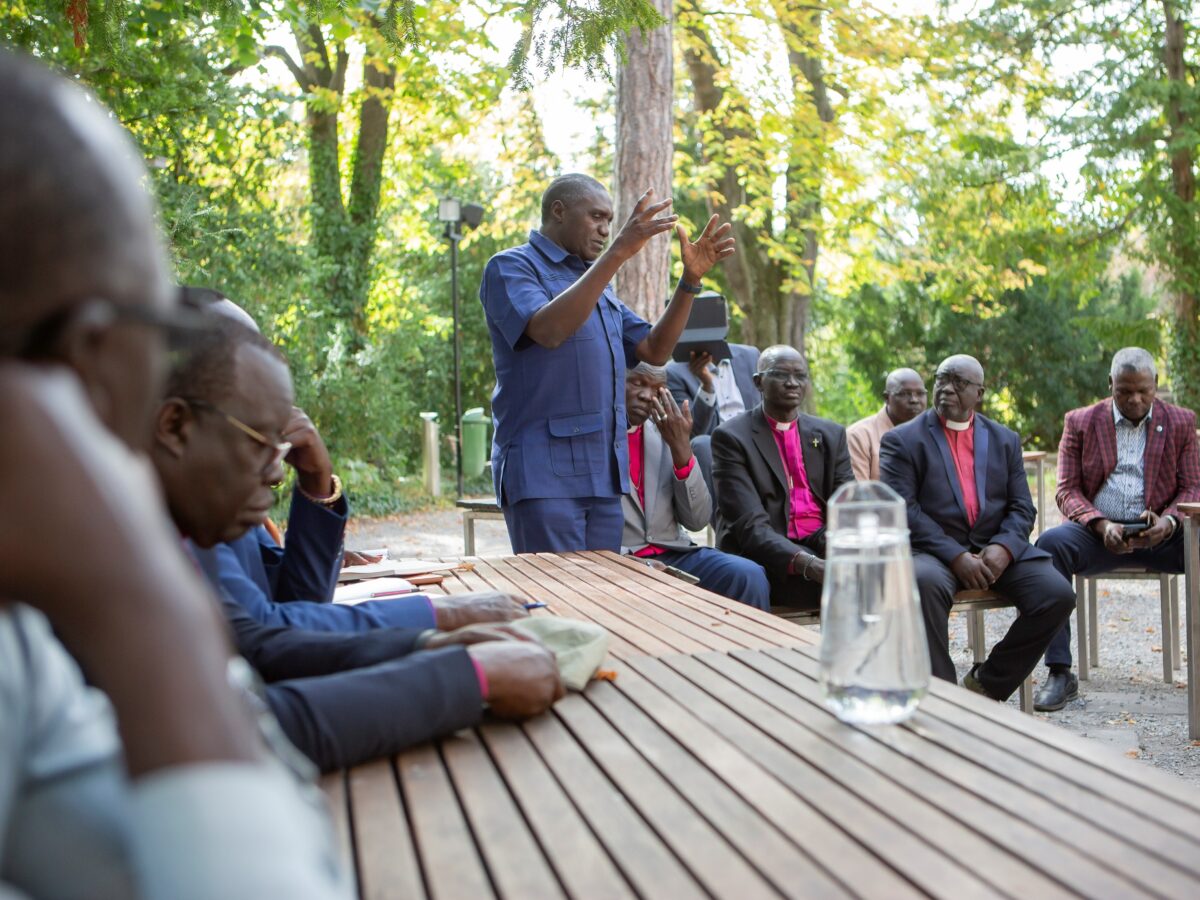Decolonization is an important concept for her, explains Themrise N. Khan, when it comes to the process by which former colonies have fought or continue to fight for independence. Liberation from coercion and plunder has often involved conflict and violence, Khan says.
In contrast, development aid takes place between independent states. Money and resources flow from the rich states to the global South. Questioning this aid is not decolonization, even if there is a power imbalance between the states. Rather, the question is whether aid in its current form is necessary and useful. And whether it would lead to a situation in which the beneficiary state would no longer need aid, i.e. could also achieve independence from aid.
Differentiated picture
In her presentation, Khan argues for a differentiated picture of "givers" and "takers. There are states that used to receive aid and are now powerful themselves, such as China. On the other hand, in many former colonies of the global South, regimes are in power today that are themselves colonialist, with repression of minorities or social groups in their own countries.
Relations between states are not only characterized by development aid, but also by trade and cultural exchange. However, she adds that trade also includes the arms trade, which is of little benefit to a country's development and tends to contribute to its vulnerability to crises.
Critical view of project work
Khan takes a sober look at the project work of numerous aid organizations and NGOs. The political and economic reality is often ignored. For example, she points out, there is no point in doing advocacy work for women if the authorities do not give them any opportunity to participate in politics. Unfortunately, it is her experience from more than 25 years of practice that NGOs or aid organizations bring along prefabricated concepts, reject criticism from the locals and turn to other things after the work is done.
How the other speakers will approach the topic can already be experienced this Thursday evening. The Colombian researcher María Ximena González-Serrano will contribute from 7 to 8 p.m. the critical view from a Latin American perspective on development cooperation. Her presentation will focus on equal relations between people, countries and social contexts. The presentation is in Spanish and will be translated into English.
Text: Christoph Rácz






